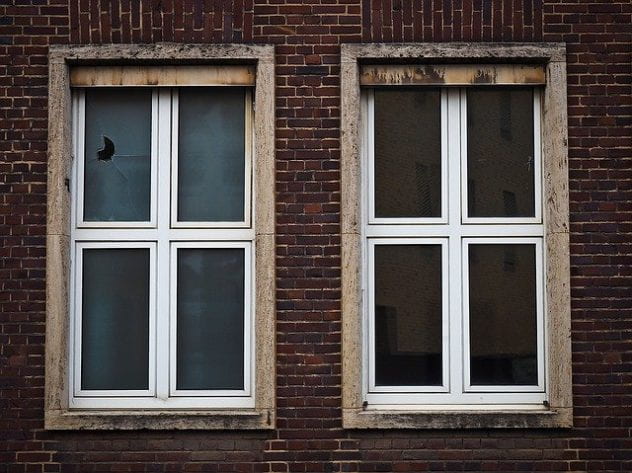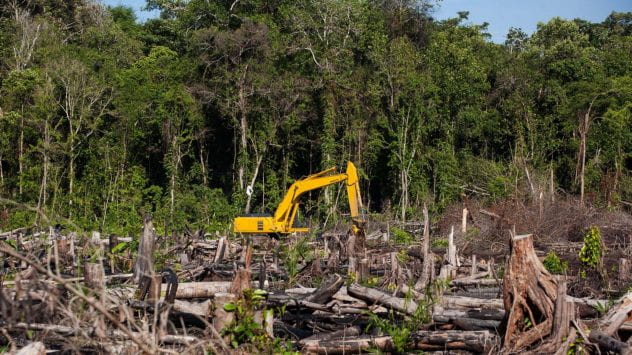Smart Windows that Self-Illuminate on Rainy Days
A team at the Pohang University of Science & Technology released a report about research into smart windows. The Korean team has developed source technology to produce smart windows that are electricity free and change color depending on moisture. This could help improve efficiency during monsoons or on humid summer days. Currently, only light sensors that change color in the sun have been considered, but humidity is now being considered too.
Deforestation of the Amazon has soared under cover of the coronavirus
From January 21 to April 25, the Amazon Rainforest has lost a total of land the size of 448 football fields, mostly in an area known for being a hotspot for illegal deforestation. Environmentalists believe that the pandemic has provided a cover for deforestation in the rainforest. Many blame Brazilian President Jair Bolsonaro for the increase of deforestation due to his unresponsiveness to the issue. In the first four months of 2020, deforestation jumped 55 percent compared to the same time frame in 2019. April specifically has seen a 64 percent jump in destruction.
First baby koala born in Australian wildlife park since devastating New South Wales bushfires
On May 26, the Australian Reptile Park near Sydney, New South Wales welcomed a baby koala, or joey, with a Facebook post. Named Ash, she is the first baby koala of the season and has been considered “a sign of hope for the future of Australia’s wildlife.” As many as 5,000 koalas were thought to have died in the Australian bushfires earlier this year, and a report published in March states that koalas face immediate threats to extinction, such as the bushfires. Despite this, the park is ready to open up to the public on June 1 and is excited with the birth of Ash.
Climate change: Scientists fear car surge will see CO2 rebound
During the peak of the shutdown in early April, daily global CO2 emissions dropped by 17% as a result of the responses that governments around the world had to the virus. The main reason? Everyone is staying home. But as the world opens back up, scientists are very concerned that the CO2 emissions will jump right back to where they were before the pandemic. Many of them believe that fundamental and systemic changes will be the only way to prevent this. Some hope is showing though- the availability of electric transportation is becoming more and more accessible to the general public. In the UK, improvements are also being made to cycling and walking infrastructure thanks to Transport Secretary Grant Shapps and his £250m pledge. Overall, researchers hope that governments are mindful of the danger of CO2 emissions rising again and have plans to prevent that in place.



